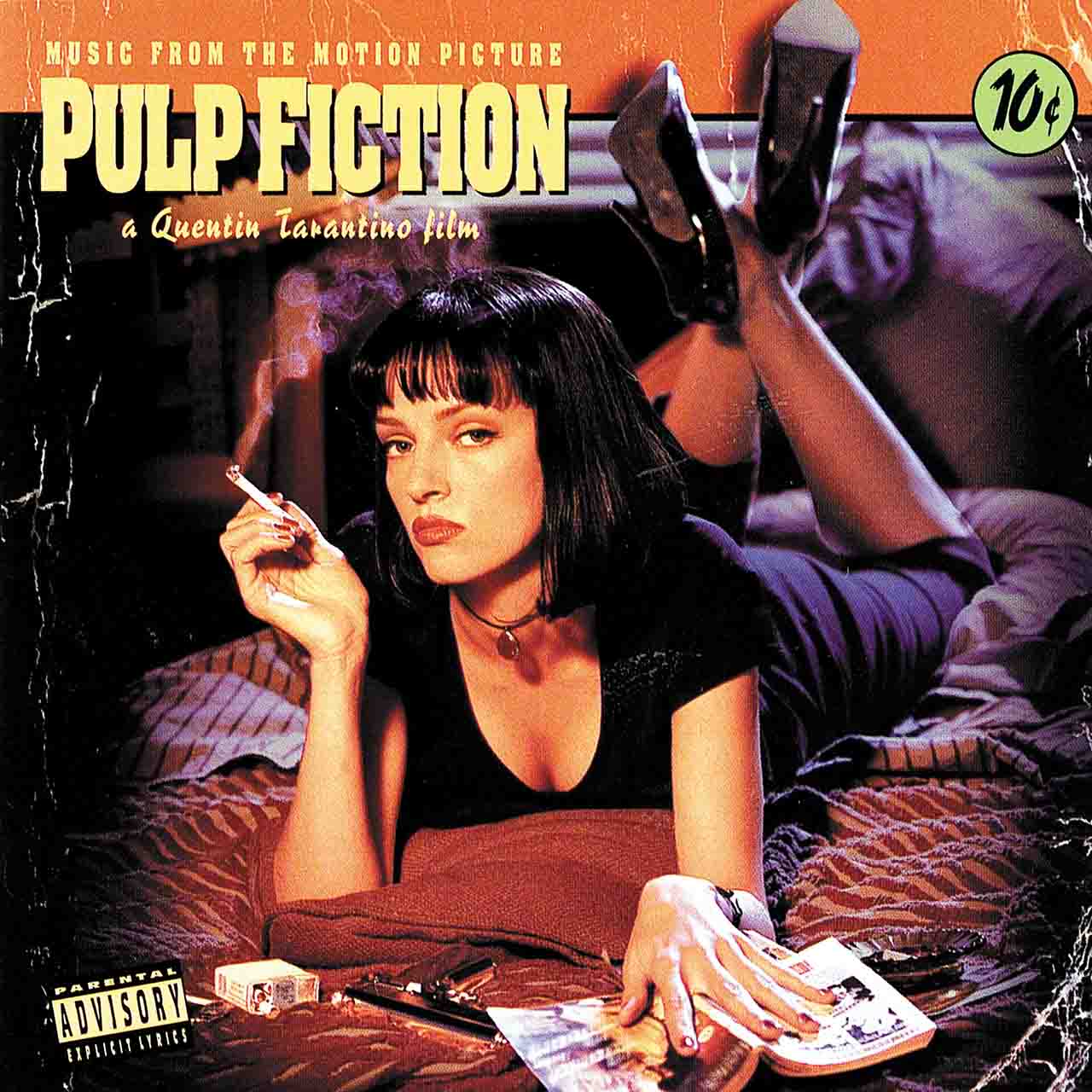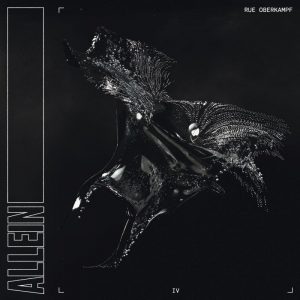Pulp Fiction is celebrating its 30th birthday this year with a special reissue of its soundtrack. Released on October 17th via Interscope Records, the reissue is available digitally as well as in two collector’s edition formats: an orange cassette and a glow-in-the-dark vinyl.
The 1994 Quentin Tarantino film starring John Travolta, Uma Thurman and Samuel L. Jackson won an Academy Award for Best Screenplay, and has since become a cultural touchstone of both Tarantino’s style and modern American cinema. But its soundtrack—featuring music from Dick Dale, Kool & The Gang, Dusty Springfield, Al Green, Chuck Berry, and The Tornadoes—has also been widely acclaimed.
Order the Pulp Fiction soundtrack now.
Crowned the No. 7 Greatest Soundtrack of All Time by Rolling Stone, Pulp Fiction’s soundtrack has sold 6.3 million albums in the USA alone. It is widely credited with igniting a surf rock resurgence, as well as introducing artists like Dale and Springfield to a fresh generation of listeners. In a 1994 interview where Tarantino discussed why he chose surf rock for Pulp Fiction’s soundtrack, he shared: “It just seems like rock ‘n’ roll Ennio Morricone music, rock ‘n’ roll spaghetti Western music.”
Dale’s surf rock rendition of “Misirlou,” which plays during the opening credits, was reportedly first suggested to Tarantino by musician Boyd Rice by way of a mutual friend, independent director Allison Anders. Rice aided Tarantino in selecting multiple other songs across the soundtrack—Chuck Kelley and Laura Lovelace, the latter of whom appeared in the film as a waitress, were also both credited as music consultants.
Pulp Fiction’s soundtrack was previously re-issued as a two-disc set in 2002. The first disc compiled all the songs, while the second featured commentary from Tarantino.
“What I don’t want to do, and I’ve seen it done in a lot of movies, is they turn up the soundtrack to create a false energy. Or in particular, to create a sense of period,” said Tarantino in a 1994 interview included with the 2002 reissue. “‘Okay, it’s the 60s. We’ll play a lot of 60s songs and that will create the period.’ To me that’s cheap, it’s annoying, and like listening to the radio and watching a movie at the same time. They don’t really go together… I try to avoid that.”




